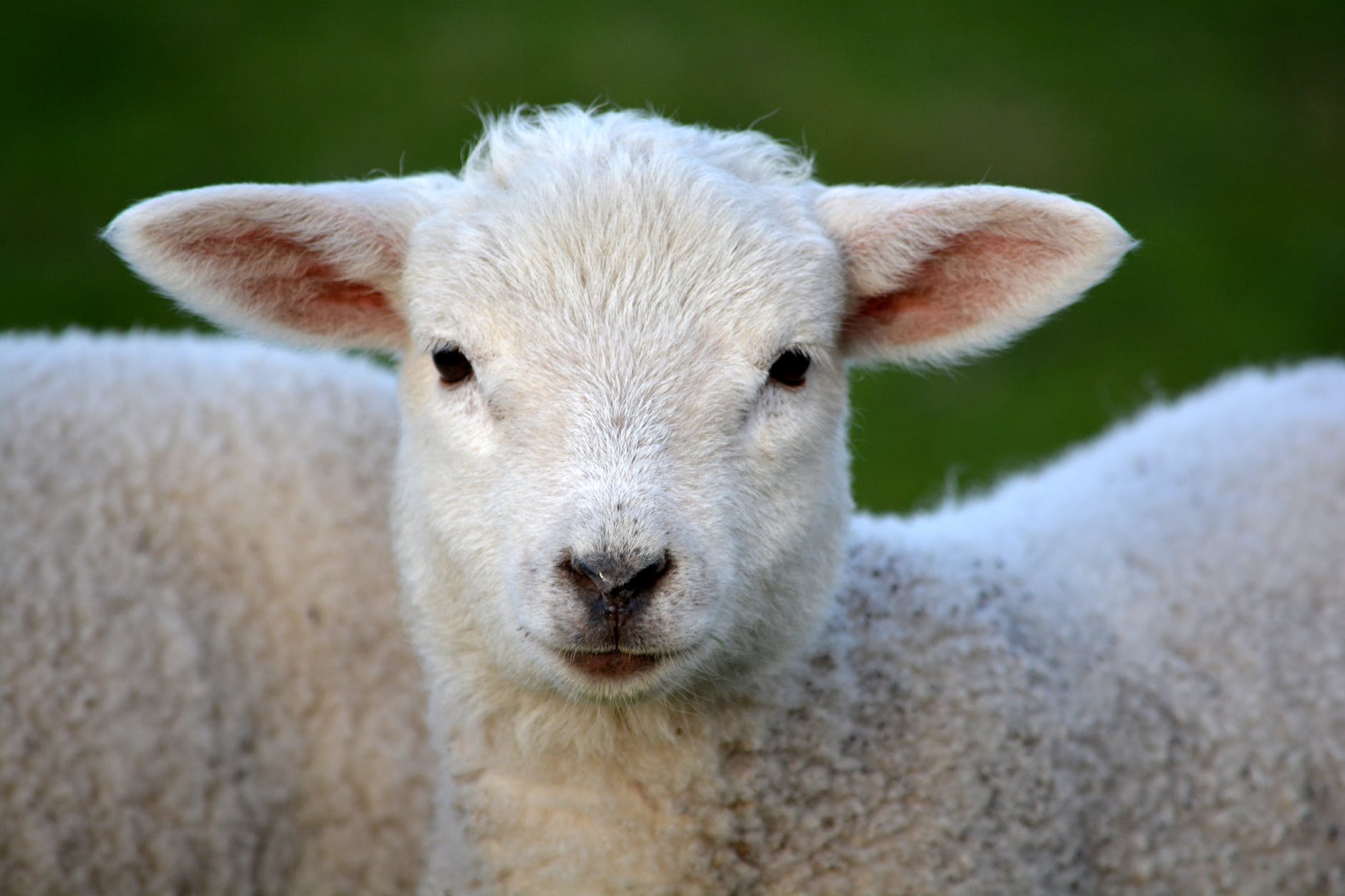Title: Importance of sheep farming and management practices in agriculture
Contents
At the end of this article, students should be able to:
- Know the meaning of sheep
- Outline the breeds of sheep
- List the management practices in sheep farming
- And discuss the importance of sheep farming.
Meaning: Sheep are known to be domesticated mammals commonly raised for their wool, meat, and milk. They are known for their flock behavior and docile nature.
Sheep belong to the (genus Ovis) and are herbivores with a digestive system suited for grazing. They have excellent peripheral vision and a strong sense of hearing. Breeds vary in size, wool type, and color. Ewes (females) typically give birth to lambs, and the young are known for their playful behavior. Sheep farming has been practiced for thousands of years, contributing to various cultures and economies.
Breed of Sheep
- The west African dwarf sheep.
- The west African long sheep, eg. The African OUDA
- The macua wool sheep. This is found mainly in the Sudan. Their skin are valuable and are exported.
Management Practices In Sheep
1. Housing management of Sheep: Mature sheep do not require expensive housing. They do well where they can have dry bed in the open. Housing is however important during the wet season for all grades of sheep. The buildings are generally simple having little or no equipment. Slated platforms are provided in pens or on which the animals lie. This slate are therefore self cleaning. The droppings are removed from time to time and can be used for compost making.
2. Healthcare: In management practices of sheep, Regular veterinary care, vaccinations, parasite control, and monitoring for signs of illness to maintain a healthy flock.
3. Disease Prevention: In management practices of sheep, Implementing biosecurity measures to prevent the introduction and spread of diseases within the flock. Read more on pests and diseases control here
4. Feeding Management of sheep: sheep is a ruminant animal, It feeds on a variety of grasses and shrubs. Sheep are more able than any other farm animal, to make use of whole maize grain without previous grinding. Therefore, whole maize grains can be fed to sheep to supplement grass feeding. This is very important in the dry season. Sheep on dry feeds requires a great deal of water. In addition adequate minerals and antibiotics should be provided.
5. Breeding management of sheep: Both male and female sheep attend sexual maturity in six months. But are best used for service or best served when nine to twelve months old. Heat period Last one to two days in sheep and is repeated in about 21 days. Gestation period is about 150 days. A female sheep will come on heat 7 months after delivery. The male sheep are castrated between 1 to 4 weeks after birth and are weaned in four to six months.
In temperate areas, there are reasons for breeding. It is known that that feeding sheep well during the breeding season result in the production of twin lambs. This practice of feeding sheep well during the breeding season is known as flushing. In general, good feeding during pregnancy result in strong and healthy lambs.
6. Parasite Control management of sheep: Monitoring and controlling internal and external parasites through strategic deworming and other preventive measures.
7. Shearing management practices of sheep: Conducting regular shearing to harvest wool, prevent heat stress, and maintain the overall well-being of the sheep.
8. Flock Record Keeping: Maintaining detailed records of individual sheep, including health history, breeding information, and production metrics.
9. Herd Behavior Observation: Understanding and managing flock behavior, addressing issues such as aggression, bullying, or stress.
10. Environmental Considerations: Adapting management practices to seasonal changes, extreme weather conditions, and ensuring proper shelter for the flock.

Importance Of Sheep Farming And Uses
1. Wool Production Importance of sheep farming: Sheep are a primary source of wool, a valuable natural fiber used for textiles, clothing, and various products.
2. Meat: Sheep meat, commonly known as lamb or mutton, meat is another importance of sheep Farming and is a significant source of protein in many diets worldwide.
3. Milk Production: Sheep’s milk is used to produce various dairy products, including cheese and yogurt. Milk is another importance of sheep Farming
4. Leather: Sheepskin is used in the production of leather goods, such as clothing, footwear, and accessories.
5. Land Management: Land Management is an importance of sheep Farming, Sheep are employed for grazing in agriculture and land management, helping control vegetation and reduce fire hazards.
6. Research and Education: Another importance of sheep Farming is research and education, Sheep are used in scientific research, particularly in fields such as genetics, reproduction, and medicine. They are also valuable for educational purposes in agricultural studies.
7. Landscape Preservation: Grazing by sheep can help maintain landscapes, preventing the overgrowth of vegetation and promoting biodiversity in certain ecosystems.
8. Fertilizer Production: Fertilizer Production is another importance of sheep Farming, Sheep manure is a valuable organic fertilizer, contributing to soil fertility and sustainable agriculture practices.
9. Cultural and Religious Practices: Sheep play essential roles in various cultural and religious practices, symbolizing purity, sacrifice, and community.
10. Companion Animals: Some sheep breeds are kept as pets or companion animals, appreciated for their gentle nature and social behavior.
11. Conservation Grazing: Sheep are employed in conservation grazing projects to manage vegetation in natural reserves, helping preserve habitats and protect endangered species.
12. Wool as Insulation: Wool is an effective natural insulator, used in the production of carpets, blankets, and insulation materials for homes.
13. Cultural Heritage: The husbandry of sheep has deep cultural roots, shaping traditions, folklore, and heritage in many societies.
14. Eco-friendly Practices: Sheep farming, when managed sustainably, can be an eco-friendly practice, as they contribute to natural cycles of pasture growth and regeneration.
15. Livestock Diversification: In regions with limited resources, sheep farming offers a sustainable and resource-efficient means of livestock production.
16. Recreation and Tourism: Here is another importance of sheep Farming, Sheep farming areas, especially those with scenic landscapes, attract tourists, contributing to rural economies through recreational activities like agritourism and sheep-related events.
The importance of sheep farming extends beyond agriculture, influencing cultural, economic, and environmental aspects.
Revision Questions for Students
- What is the meaning of sheep
- Outline the 3 breeds of sheep
- List and explain the management practices of sheep farming.
- Outline seven importance of sheep farming.
